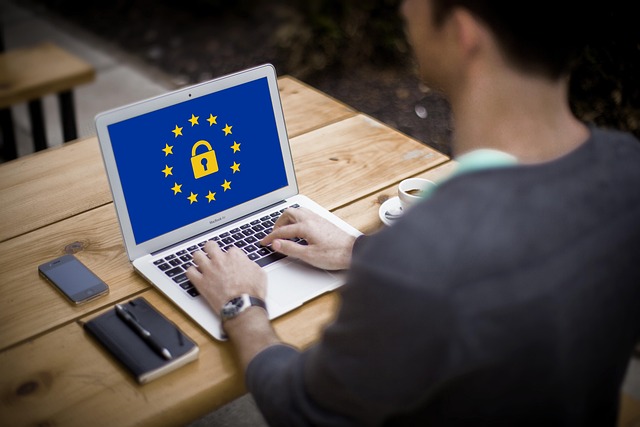Navigating Technology Etiquette in the Age of GDPR: Social Trends in Data Protection
In today’s digitally driven world, where our lives are intricately woven with technology, the concept of privacy is evolving rapidly. The General Data Protection Regulation (GDPR) has emerged as a significant force in reshaping how we engage with technology and each other. As data protection becomes paramount, it also gives rise to a new kind of technology etiquette—a set of unwritten social norms that guide our interactions in this complex landscape.
The Shift in Social Trends
The GDPR, implemented to protect personal data within the EU, has far-reaching implications beyond its borders. As individuals become more aware of their rights and the significance of their data, there has been a marked shift in social behaviors regarding technology usage. People are now approaching their interactions with a heightened sense of awareness, leading to the emergence of several important social trends.
Rethinking Consent
One of the most apparent shifts relates to consent. Under the GDPR, obtaining explicit consent is crucial before processing any person’s data. Consequently, individuals are now more discerning when it comes to sharing their personal information. In social settings, this translates to a natural hesitance to provide details that may compromise their privacy, even if the request seems innocuous. Technology etiquette now dictates that we must navigate conversations surrounding data sharing with sensitivity and respect.
Transparency Over Secrecy
Transparency has gained significant traction as another key aspect of technology etiquette. Organizations and individuals alike are expected to be clear about how data will be used. For instance, when using apps or online services, a straightforward explanation of data policies is increasingly required. This demand for transparency influences social interactions where data sharing and technology usage are involved, encouraging discussions about privacy settings and data handling practices among friends and colleagues.
Respecting Boundaries
With the rise of remote work and digital communication, respecting boundaries has never been more critical. Thanks to the GDPR, there is a collective understanding that personal and professional spaces should be distinct. For instance, sending a work-related message outside of office hours may not only be seen as intrusive but can also signal a disregard for someone’s personal time and data privacy. Technology etiquette today emphasizes the need to set clear boundaries and respect the personal space of others online.
Empowerment through Education
The growing complexity of data protection laws, like the GDPR, has also sparked an interest in education and awareness. Social trends indicate that people are eager to learn more about their rights and the implications of their digital footprints. Workshops, webinars, and online resources dedicated to data protection and ethical technology use are gaining popularity. This burgeoning interest empowers individuals to take control of their data, fostering a culture of informed consent and conscientious online behavior.
The Collective Responsibility
In this age of GDPR, technology etiquette transcends individual responsibility. It cultivates a collective awareness that respecting data privacy is not just for organizations but also for individuals engaged in everyday interactions. Whether it’s curating social media posts or handling sensitive information in conversations, we must all play a part in fostering a culture of respect and accountability.
As we continue to navigate this complex landscape of data protection, embracing new technology etiquette will not only safeguard our privacy but also enhance our social interactions. By staying informed and considerate, we can ensure that our digital lives remain respectful, transparent, and empowering in an age defined by GDPR.




